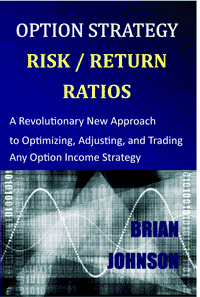Categories
Archives
AI Volatility Edge E-Subscription
OIS Universal Filter E-Subscription
Brian Johnson’s Books
Trader Edge Affiliates
Recent Posts
Recent Comments
- Brian Johnson on Trading Option Volatility Featured in Stocks & Commodities Magazine
- John C on Recession Model Forecast: 10-1-2022
- Recession Model Forecast: 10-1-2022 | Trader Edge on New AI Volatility Edge Platform
- Steve Ginn on Trading Option Volatility Featured in Stocks & Commodities Magazine
- John C on Recession Model Forecast: 03-01-2022
Author’s LinkedIn Profile
Affiliates
Resources
Blogroll
- Abnormal Returns
- Algo Dude
- Chart Swing Trader
- CSS Analytics
- Don't Fear The Bear
- DShort.Com
- Dynamic Hedge
- FactorWave
- Intelligent Trading
- MarketSci Blog
- My Simple Quant
- Nightly Patterns
- NovelInvestor.com
- NYC Trader
- Only VIX
- Option Pit
- Quantifiable Edges
- Quantivity
- Quantocracy
- QUSMA
- Six Figure Investing
- System Trader Success
- The Capital Spectator
- The Relativity Report
- Traders Blog
- Trading the Odds
- Tyler's Trading
- Vix and More
- Volatility Futures & Options
- World Beta
- Zen Trader
Meta
Disclosure
Trading Insights, LLC receives compensation for purchased made through affiliates above.Limitation of Liability
Under no circumstances, including but not limited to negligence, shall Brian Johnson and/or Trading Insights, LLC be liable to you for direct , indirect, incidental, consequential, special, punitive or exemplary damages. Please read the Disclaimer & Terms page in its entirety.
Tag Archives: fiscal cliff
Global Recession Increasingly Likely
Economic releases were mixed in the US last week, but the overall trend is decidedly bearish. The ISM Index value dropped to 49.7, well below the consensus expectation of 52.5 and almost four points below last month’s reading of 53.5. … Continue reading













Recession Models and the Fiscal Cliff
Last week I introduced two new probit models to forecast recessions and the period between the market’s peak and trough associated with each recession – as defined by the National Bureau of Economic Research (NBER). In response to that article, … Continue reading →